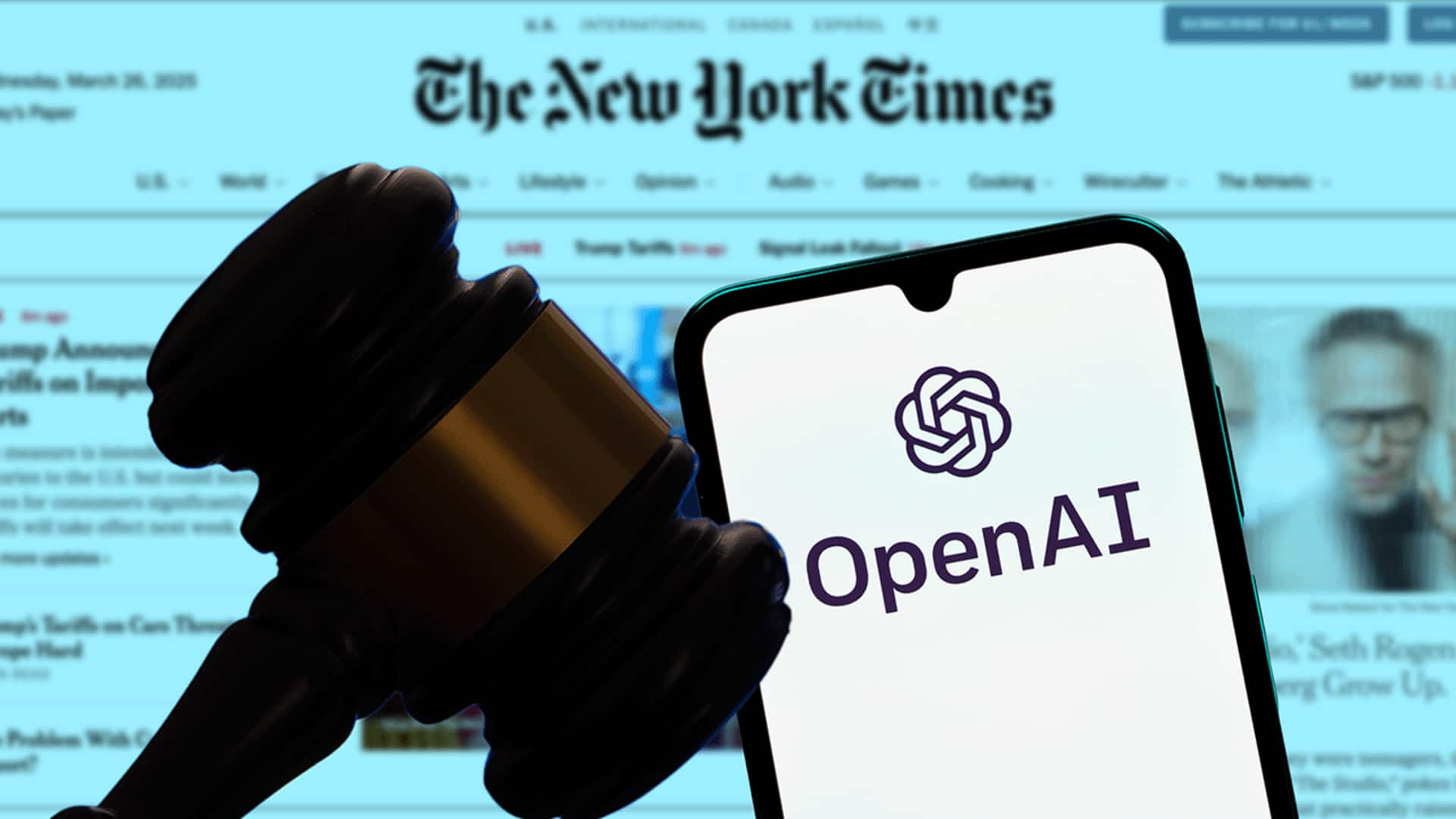
US judge allows NYT's copyright lawsuit against OpenAI to proceed
What's the story
A federal judge has denied OpenAI's plea to dismiss a copyright infringement lawsuit filed by The New York Times.
The tech giant is accused of using the newspaper's content without permission or payment.
Judge Sidney Stein from the Southern District of New York has allowed the main copyright infringement claims to proceed, while also narrowing down the scope of the lawsuit.
Data dispute
NYT's lawsuit highlights data collection concerns
The New York Times has joined hands with other publishers such as The New York Daily News and the Center for Investigative Reporting, to challenge OpenAI's practice of collecting massive amounts of data from the internet to train its AI service, ChatGPT.
Steven Lieberman, attorney for the publishers, welcomed the judge's decision and said they appreciate "the opportunity to present a jury with the facts about how OpenAI and Microsoft are profiting wildly from stealing the original content of newspapers."
Legal defense
OpenAI maintains its practices are lawful
The legal representatives of The New York Times claim that the newspaper's articles represent a large portion of copyrighted text used by OpenAI to train ChatGPT.
They accuse OpenAI of violating copyright laws in its use of the newspaper's journalism.
However, an OpenAI spokesperson said they welcome the judge's narrowing of the case and look forward to clarifying their position on publicly available data usage, fair use, and innovation.
Industry implications
Lawsuit outcome could impact news industry and AI
The lawsuit between The New York Times and OpenAI could have a major impact on both the news industry and the future of AI tools.
Publishers fear that powerful chatbots like ChatGPT, which can quickly summarize news articles, may reduce website visits by readers.
This could ultimately lead to a decline in advertising revenue, possibly affecting the industry's profitability.
Trial proceedings
ChatGPT's responses under scrutiny in legal proceedings
The lawsuit can now go to trial, although a date for it has not been set yet.
Evidence gathering, including depositions with executives from both sides, will happen confidentially.
Public pretrial hearings will deal with disputes over evidence and other matters.
The legal battle raises questions whether chatbot responses could replace reading news websites or chatbots and newspapers operate in separate markets.